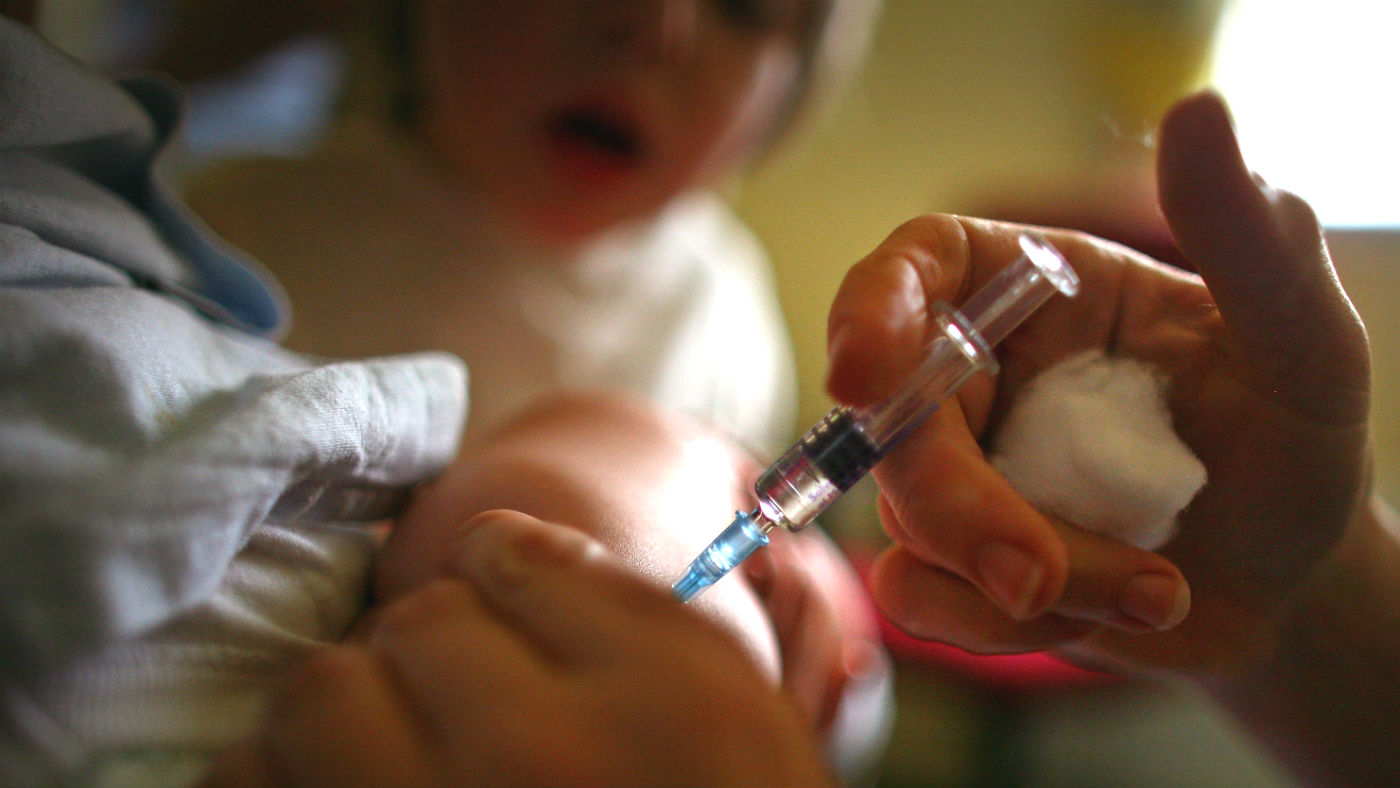The Overview podcast: Why have MMR vaccination rates dropped?
Experts explore why fewer people are getting inoculated against some of the world's most infectious diseases

A free daily email with the biggest news stories of the day – and the best features from TheWeek.com
You are now subscribed
Your newsletter sign-up was successful
In each episode of The Overview, we'll examine one story from the headlines, dipping into history to explain how we got to where we are today – and peering into the future to predict what will happen next.
With contributions from The Week’s writers and insights from leading subject specialists, The Overview provides a concise, engaging exploration of the debates and questions shaping the news agenda today and in the months to come.
In this week's episode:
The Week
Escape your echo chamber. Get the facts behind the news, plus analysis from multiple perspectives.

Sign up for The Week's Free Newsletters
From our morning news briefing to a weekly Good News Newsletter, get the best of The Week delivered directly to your inbox.
From our morning news briefing to a weekly Good News Newsletter, get the best of The Week delivered directly to your inbox.
The MMR (measles-mumps-rubella) jab vaccinates against some of the world's most infectious diseases, but the number of children getting the vaccine has fallen during the pandemic.
With more than one in ten children in England starting school without having been jabbed, what does history tell us about this vaccination, why have uptake rates fallen, and what are the future implications?
In the first episode of The Week's new podcast, The Overview, Julia O'Driscoll and Kari Wilkin speak with guest experts Helen Bedford, Professor of Children's Health at UCL and Great Ormond Street Institute of Child Health, and Helen Donovan, Royal College of Nursing's Public Health Lead, to find out more.
A free daily email with the biggest news stories of the day – and the best features from TheWeek.com
-
 The ‘ravenous’ demand for Cornish minerals
The ‘ravenous’ demand for Cornish mineralsUnder the Radar Growing need for critical minerals to power tech has intensified ‘appetite’ for lithium, which could be a ‘huge boon’ for local economy
-
 Why are election experts taking Trump’s midterm threats seriously?
Why are election experts taking Trump’s midterm threats seriously?IN THE SPOTLIGHT As the president muses about polling place deployments and a centralized electoral system aimed at one-party control, lawmakers are taking this administration at its word
-
 ‘Restaurateurs have become millionaires’
‘Restaurateurs have become millionaires’Instant Opinion Opinion, comment and editorials of the day
